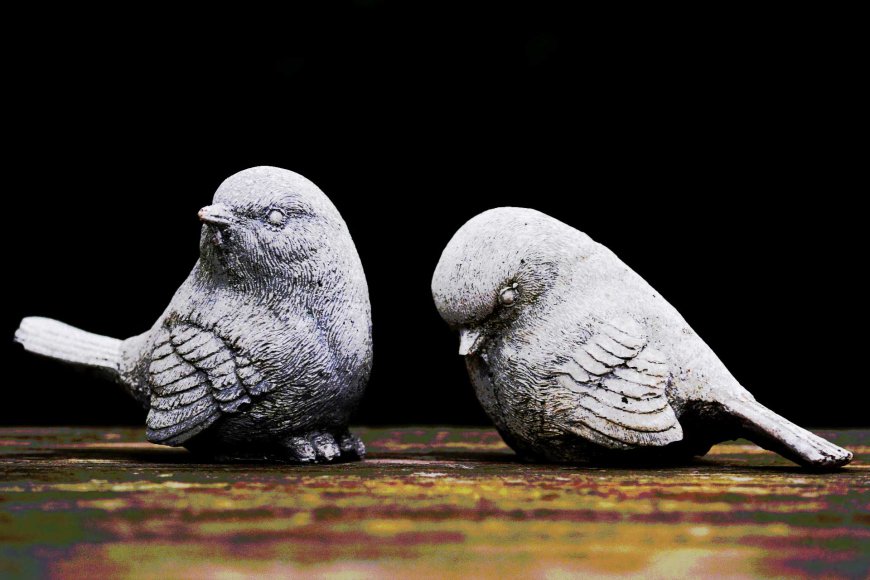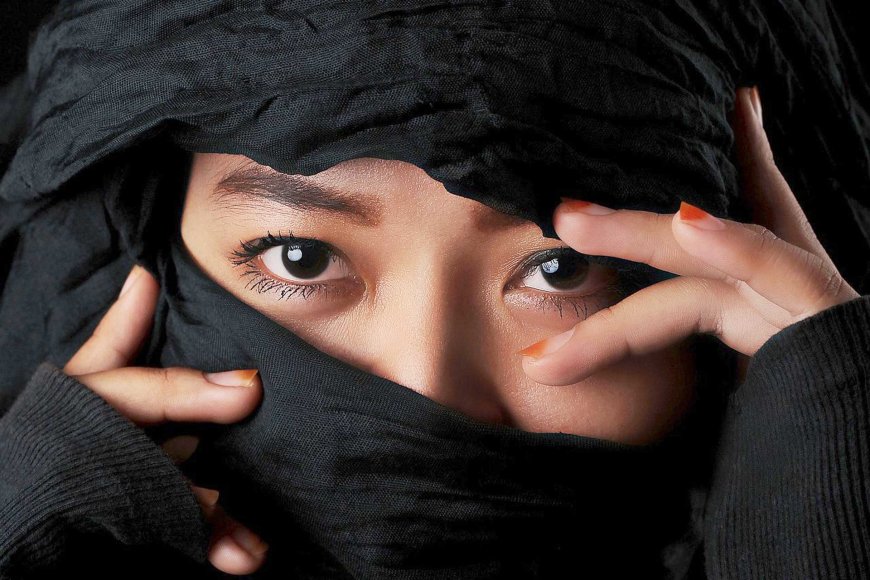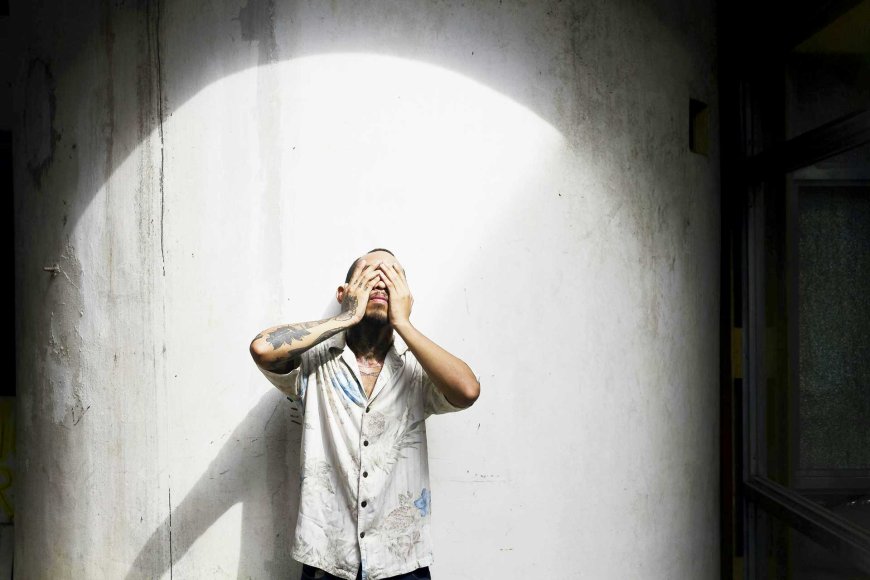Deadma: A Deep Dive into Indifference in Filipino Culture
Understanding the unique practice of emotional resilience in the Philippines. The concept of "deadma" stands out as a unique blend of resilience and indifference. This intriguing cultural practice reveals how Filipinos navigate social interactions with a delicate balance of emotional regulation and harmony.

Deadma Culture
In the vibrant and dynamic cultural landscape of the Philippines, where warmth and hospitality are deeply ingrained, the concept of "deadma" emerges as a fascinating counterpoint. Derived from the English phrase "dead malice" or "dead to malice," deadma is a colloquial Filipino term that roughly translates to a state of indifference or deliberate ignorance. This cultural phenomenon, while seemingly paradoxical, plays a significant role in the everyday social interactions and emotional resilience of Filipinos.

The term "deadma" is a contraction of "dead malice," a phrase that suggests a stoic disregard for negativity or unwelcome stimuli. In practice, deadma is used to describe a person's deliberate choice to ignore or remain unaffected by certain situations, comments, or actions that might otherwise provoke a reaction. This could range from ignoring catcalls and gossip to brushing off minor insults and inconveniences.

Deadma can be seen as a coping mechanism, a way for individuals to maintain composure and emotional stability in the face of potential stressors. It reflects a unique blend of resilience and nonchalance that is deeply embedded in Filipino culture.

Social Context and Everyday Applications
In the bustling streets of Manila or the quieter provinces, deadma finds its place in various social contexts. For instance, in public transport, where space is limited and tempers can flare, Filipinos often practice deadma to maintain peace and avoid unnecessary confrontations. Similarly, in social gatherings, deadma might be employed to avoid escalating tensions or to sidestep potentially awkward or offensive remarks.
Deadma is also prevalent in the digital realm. In the age of social media, where interactions are often fraught with the potential for misunderstanding and conflict, many Filipinos opt for deadma as a strategy to navigate online discourse. Ignoring provocative comments or disengaging from heated debates can help preserve one's mental well-being in an environment where virtual interactions can easily turn toxic.

Deadma in Relationships
In interpersonal relationships, deadma serves as a tool for maintaining harmony and avoiding conflict. It allows individuals to overlook minor slights and focus on the bigger picture, promoting a sense of understanding and patience. For example, in familial settings, where generational and cultural differences might cause friction, deadma can help smooth over potential disagreements and maintain familial bonds.
However, this practice is not without its critics. Some argue that deadma can lead to unresolved issues and suppressed emotions, which might eventually resurface and cause greater problems. It requires a delicate balance to ensure that the practice of deadma does not become a means of avoiding necessary confrontations or discussions.

Cultural and Psychological Implications
The widespread practice of deadma has significant cultural and psychological implications. Culturally, it reflects the Filipino values of pakikisama (smooth interpersonal relations) and kapwa (shared identity), which emphasize community harmony and collective well-being over individual expression. By practicing deadma, Filipinos prioritize social cohesion and avoid actions that might disrupt the group's harmony.

Psychologically, deadma can be seen as a form of emotional regulation. By choosing not to react to negative stimuli, individuals can protect themselves from stress and maintain a sense of control over their emotional responses. This can be particularly important in a society where external pressures and challenges are commonplace.

However, the long-term effects of deadma on mental health are worth considering. While it can provide short-term relief and stability, there is a risk that consistent avoidance of confrontation and emotional expression might lead to unresolved internal conflicts and a diminished capacity for addressing and processing negative emotions.

The Dual Nature of Deadma
Deadma is a double-edged sword. On one hand, it provides a pragmatic approach to dealing with everyday annoyances and potential conflicts, allowing individuals to focus on more important aspects of their lives. On the other hand, over-reliance on deadma can lead to a culture of avoidance, where important issues are left unaddressed and personal growth is hindered by the lack of constructive confrontation.

A Cultural Reflection
In essence, deadma culture is a reflection of the broader Filipino ethos, which values resilience, harmony, and community. It highlights the ways in which cultural practices evolve to meet the needs of individuals within a given social context. While it is important to acknowledge the benefits of deadma in promoting emotional resilience and social harmony, it is equally crucial to recognize the potential drawbacks and strive for a balanced approach to conflict and emotional expression.

Understanding deadma provides a deeper insight into the Filipino way of life, revealing the nuanced and adaptive strategies that Filipinos employ to navigate their complex social world. As with any cultural phenomenon, the key lies in finding a balance that honors tradition while fostering healthy emotional and social development.
Find Cheap Flight Tickets to any Destinations in Japan and the Philippines
Nipino.com is committed to providing you with accurate and genuine content. Let us know your opinion by clicking HERE.































































